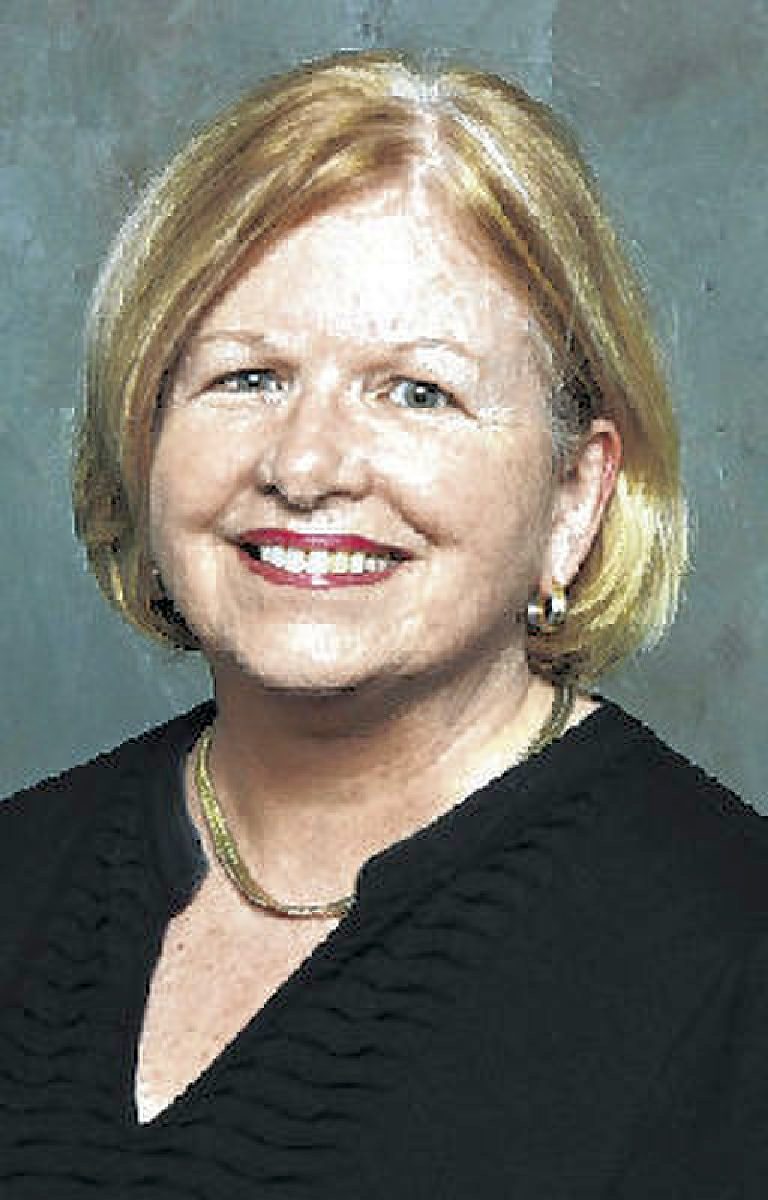
“I am a freeman, an American, a United States Senator, and a Democrat, in that order,” said Lyndon B. Johnson
Not everyone identifies as closely with a political party as did President Johnson. We experience conflict between positions taken by parties, be it either Democrat or Republican. In fact, we may ask, “Why do we even need political parties? Aren’t we divided enough?” In his book “Edmund Burke: The First Conservative,” Jesse Norman presents Burke’s case for responsible party politics.
Burke was not starry-eyed about political parties but rather feared the alternative, political connections degenerating into factions. Burke realized that when bad persons combine, the good must associate. His goal was to show how party associations have the potential of translating into good government.
First and foremost, Burke believed that parties bring stability to politics, permitting power to pass peacefully from one party to another. Also, they allow for the consistency of voting required to advance complex legislation — or to oppose it. Moreover, unlike factions, parties do not disintegrate when they lose power. In fact, they remain united around a core of principles, for which they continue to make the case. Parties give legitimacy to those voted out of office and can turn a “loyal” opposition into a respectable and even honorable calling.
A party’s platform generally focuses on the national interest. Otherwise, the fact that its policies are designed to serve a particular group becomes quite obvious to everyone. Nevertheless, parties do have an important role in channeling popular discontent by addressing and resolving issues through legislation.
A significant advantage of effective political parties is that they eliminate the need for exceptional statesmen. Rather, they encourage people of ordinary decency and ability to share information and play a role in government. As with all institutions, parties are rooted in personal friendship, shared values and the human impulse to socialize. For example in South Bend and La Porte, Dyngus Day, celebrated with festivities and speeches at local party headquarters, marks the official beginning of the primary campaign season.
Parties act as a valuable testing ground for politicians, allowing them to demonstrate their experience and build relationship with colleagues, as they hammer out policies based on shared beliefs. However, parties must not be composed of Washington politicians whose job is simply to spread the party line back to their constituencies. Otherwise, they become excessively partisan, losing sight of the public interest, and thus undermine the deliberative function for which they were elected.
The ultimate goal is that factional interests are moderated through parties which are not tied to the electoral cycle. Parties are meant to reflect a range of views, various interests and differing priorities. The hope is that this will encourage a collective vision and long-term perspective, without which a nation perishes.
Party loyalty does not mean invariably ignoring the personal consciences of either voters or elected officials. Nevertheless, party discipline is a concern, as is the dominance and control of two major parties.
A “whipping” system is designed to ensure that members of a political party vote as a block. John Thune (R-SD) and Richard Durbin (D-IL) presently serve as whips for their respective parties in the U.S. Senate. Politicians who tend to vote with the whip are sometimes denounced as lickspittles and those who defy the whip, as traitors concentrating on their own careers.
In his book, Jesse Norman suggests that the low regard of Americans for whipping may result from interest-group pressures associated with a two-party system. Two parties may not be optimal, but here Norman warns against the terrible experiences of countries with a single major party and, on the other hand, countries fractured by a multiplicity of different parties.
Indiana has open primaries. Any registered voter can participate in primary elections, regardless of political party. If you are affiliated with either the Democratic Party or the Republican Party, you are entitled to vote for candidates of that party at the primary election. However, you must state which party you are affiliated with by asking the poll workers for the ballot of that party. You may only vote for candidates in the party whose ballot you select. If you are not affiliated with either of these two parties, you are still entitled to vote on a public question that is held on the same day as the primary without asking for a party ballot.
Late 18th-century government in Edmund Burke’s time consisted exclusively of maintaining public order, managing foreign affairs and trade and waging war. The welfare state was small as was spending on social security, education or pensions of the kind seen in most modern political economies. Opinion polling was not available. The stakes are higher now and the challenges of avoiding factionalism greater. However, parties continue to play a role in preserving and enhancing social order in the long term national interest.
Maryann O. Keating, Ph.D., a resident of South Bend and an adjunct scholar of the Indiana Policy Review Foundation, is co-author of “Microeconomics for Public Managers,” Wiley/Blackwell. Send comments to [email protected].
